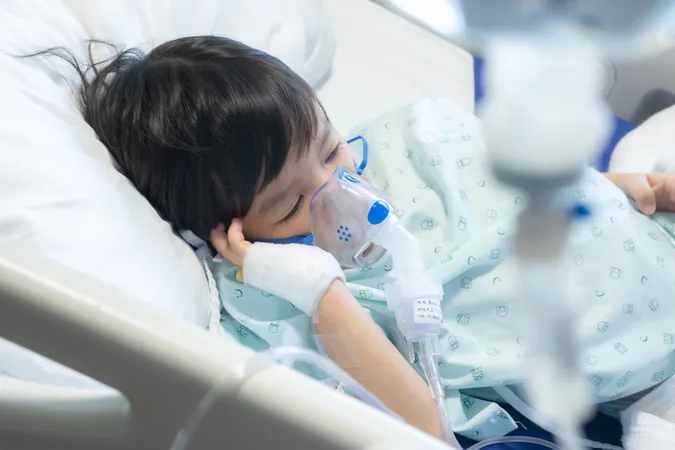
Major Development in RSV Vaccine Supply and Efficacy for 2024-2025 Season!
2024-11-20
Author: Emma
Introduction
As the respiratory syncytial virus (RSV) season approaches, innovative steps are being taken to ensure sufficient access to nirsevimab-alip (brand name Beyfortus). Sanofi and AstraZeneca are set to enhance their production capabilities with a newly approved filling line designed to avoid the supply challenges faced during the previous RSV season.
Comprehensive Coverage Plans
The companies have announced plans to ensure comprehensive coverage for all eligible infants in the United States. This includes those under 8 months who were born to mothers who did not receive a maternal vaccine, as well as children aged 8 to 19 months who are at a heightened risk for severe RSV illness. "We are excited about Beyfortus offering proven real-world protection to more infants this season," stated Thomas Grenier, head of vaccines at Sanofi North America.
Distribution and Supply
They have secured distributions of both 50 mg and 100 mg doses of nirsevimab-alip through private healthcare providers and the CDC’s Vaccines for Children program. Unlike the constraints of the 2023-2024 RSV season, when only high-risk infants were prioritized for the 100 mg dose, the new filling line aims to cater to a broader range of infants without the previous shortages.
Efficacy of Nirsevimab
Recent statistics support the ongoing push for nirsevimab, showcasing an impressive 82% reduction in hospitalizations due to RSV among infants during the last season—an outcome supported by the three-year NIRSE-GAL study conducted in Spain. The CDC also reported nirsevimab's effectiveness at 90% in preventing hospitalizations among infants immunized before the age of 8 months. This promising data highlights nirsevimab as a critical intervention for infants at risk, including those born healthy or prematurely.
Cost-Effectiveness of RSV Vaccination for Adults
Additionally, research from the University of Michigan in conjunction with the CDC indicates cost-saving benefits of RSV vaccination for adults aged 60 and older. The recently FDA-approved vaccines, Arexvy and Abrysvo, show considerable cost-effectiveness. Specifically, the study revealed societal costs per quality-adjusted life year (QALY) saved, with Arexvy pegged at $196,842 and Abrysvo at $176,557 for adults over 60, suggesting that investing in RSV vaccination could substantially benefit this demographic while driving down costs related to hospitalizations.
Conclusion
As RSV season looms, the convergence of enhanced production capacity and proven vaccine efficacy could herald a significant public health win. Let’s keep our fingers crossed for a smoother RSV season ahead, especially for our most vulnerable populations!
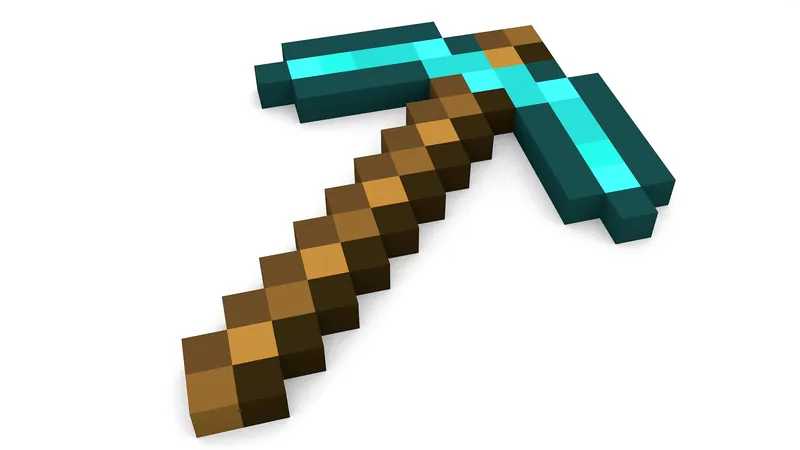

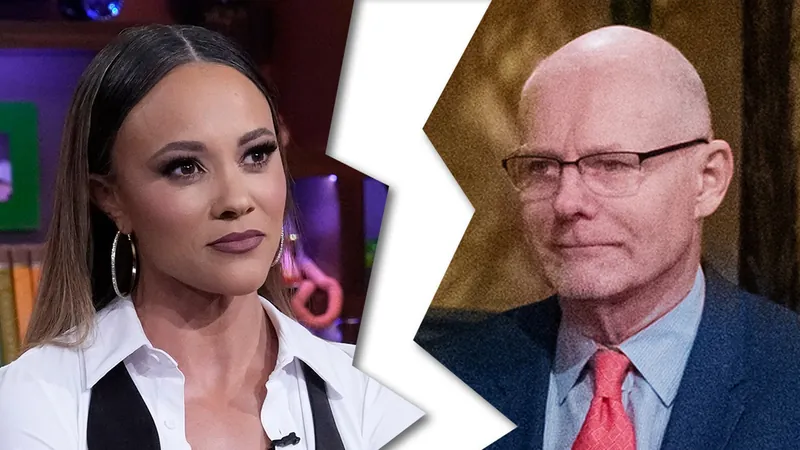

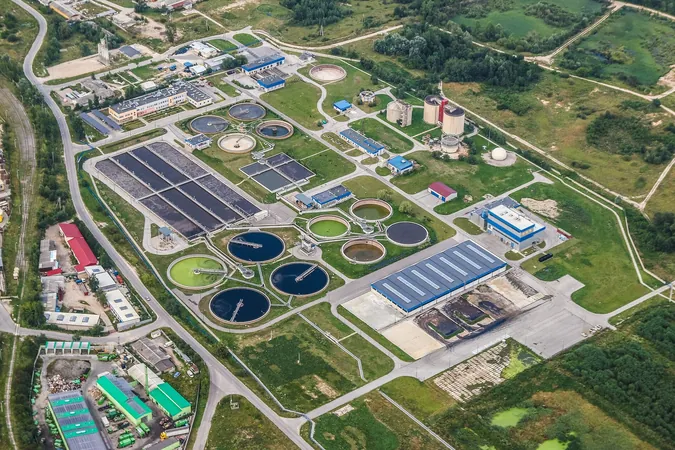
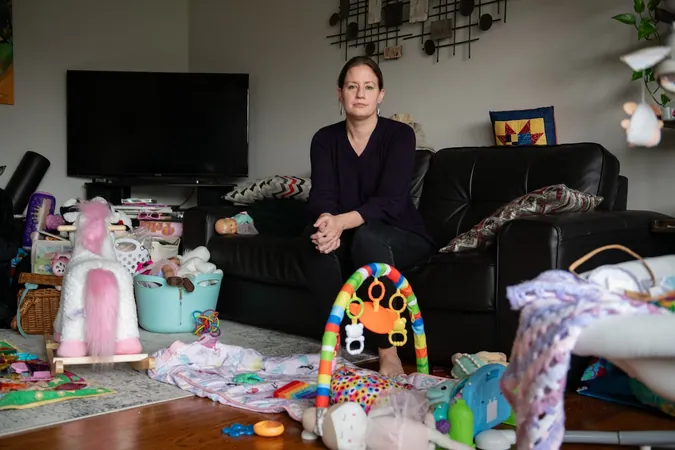
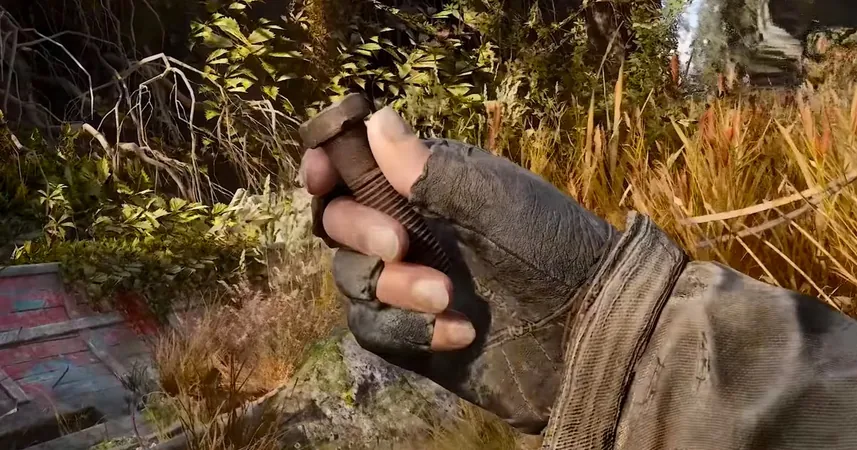
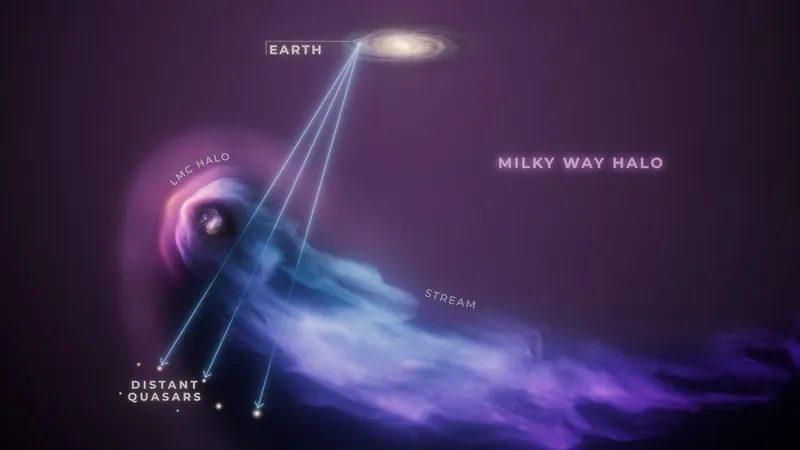

 Brasil (PT)
Brasil (PT)
 Canada (EN)
Canada (EN)
 Chile (ES)
Chile (ES)
 España (ES)
España (ES)
 France (FR)
France (FR)
 Hong Kong (EN)
Hong Kong (EN)
 Italia (IT)
Italia (IT)
 日本 (JA)
日本 (JA)
 Magyarország (HU)
Magyarország (HU)
 Norge (NO)
Norge (NO)
 Polska (PL)
Polska (PL)
 Schweiz (DE)
Schweiz (DE)
 Singapore (EN)
Singapore (EN)
 Sverige (SV)
Sverige (SV)
 Suomi (FI)
Suomi (FI)
 Türkiye (TR)
Türkiye (TR)